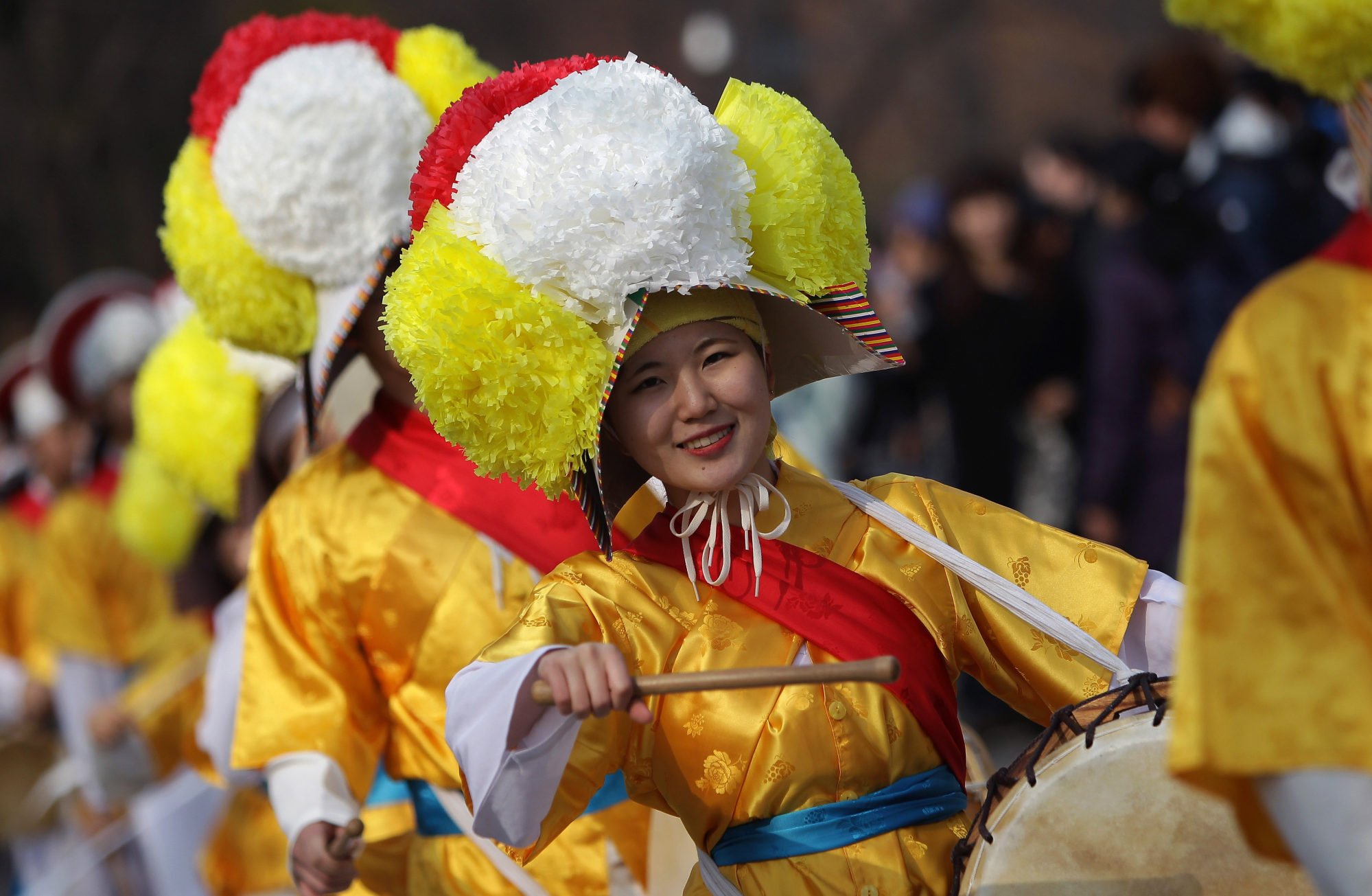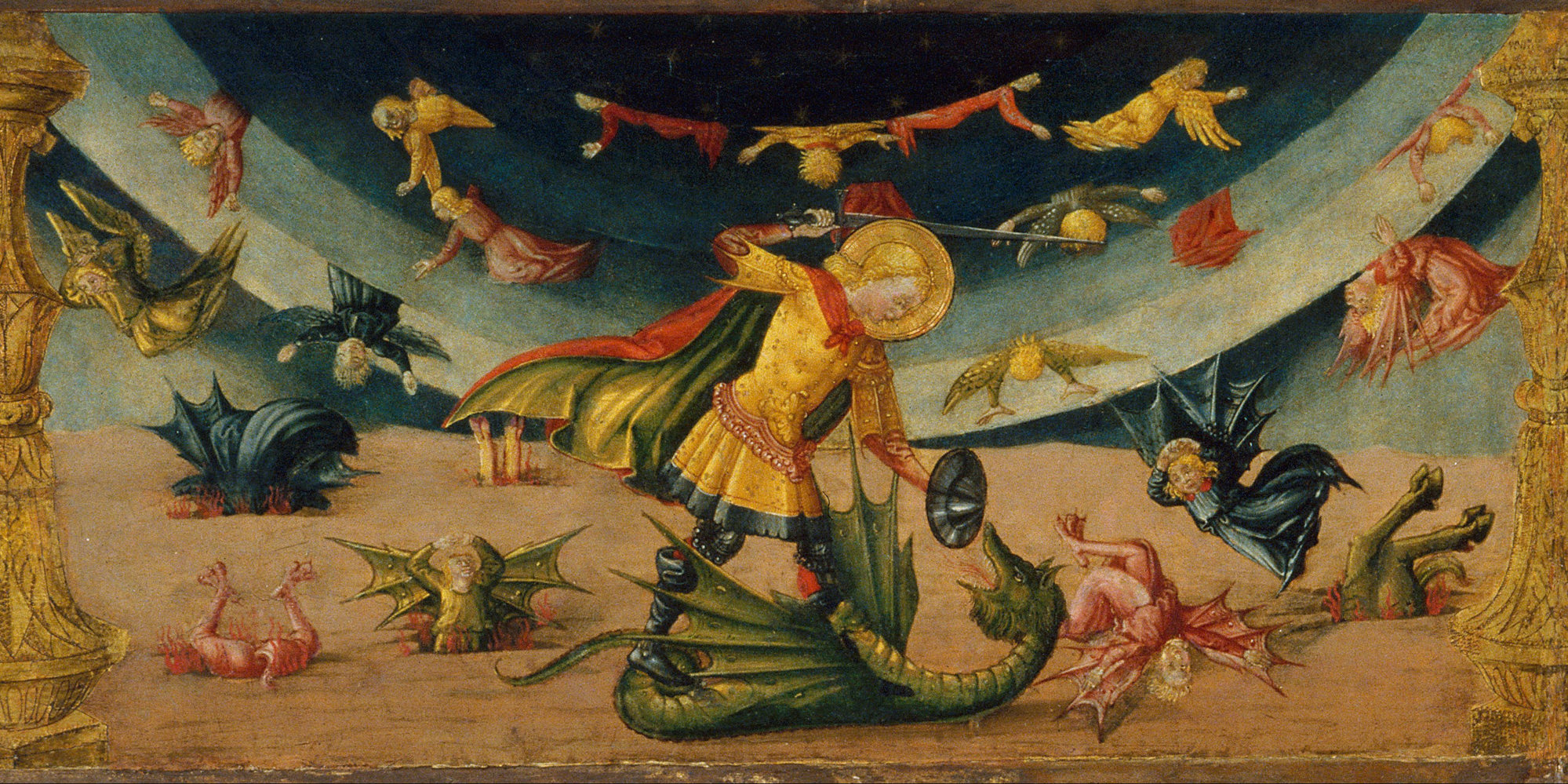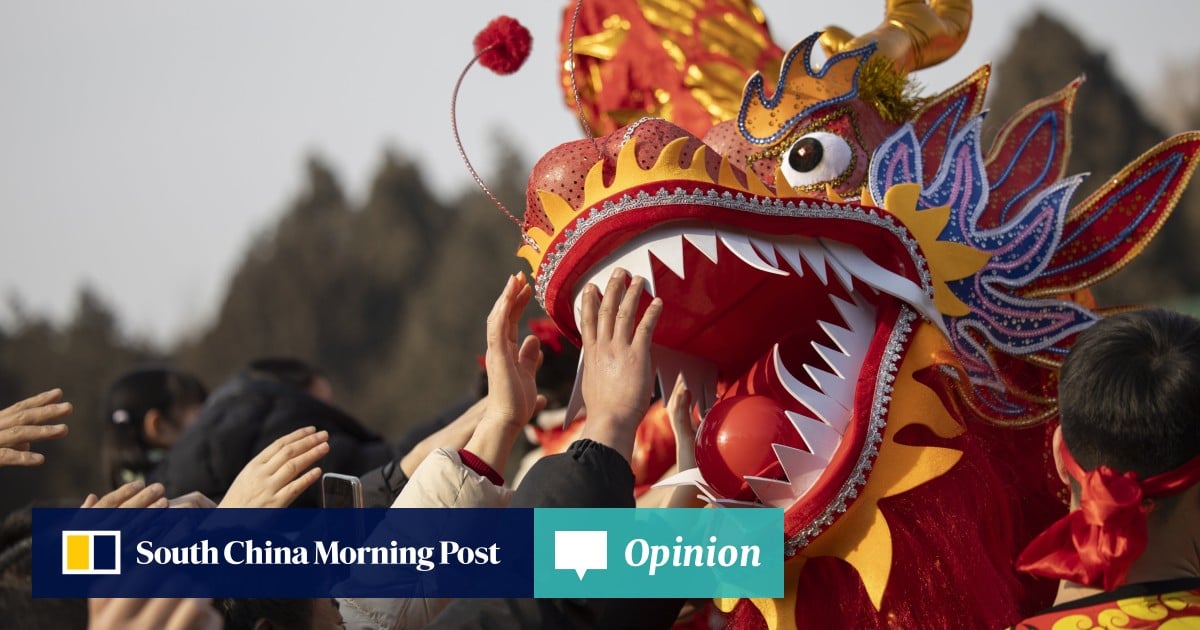This year’s Lunar New Year celebrations, which end on February 24, are marked by two very interesting, language-related controversies.
The first isn’t new. It concerns the English name of the festival itself: should it be called Lunar New Year or Chinese New Year?
Advocates of the former argue that Lunar New Year is more inclusive because the same festival is celebrated not only by Chinese, but also by Koreans, Vietnamese, and several other peoples. Many English-language media, including the South China Morning Post, uses Lunar New Year.
Some of those who reject Lunar New Year and insist on using Chinese New Year claim that the “de-Sinicisation” of this festival is another attempt to browbeat the Chinese people and their culture. Besides, “lunar” is not accurate because the calendar on which the festival is based is a lunisolar calendar, not a purely lunar one.

While I agree that Lunar New Year is more inclusive, I’m reluctant to eschew Chinese New Year altogether. I would never knowingly wish a Korean or Vietnamese person “Happy Chinese New Year” in English during the Seollal or Tet festivals, but I don’t see any issue with saying that to individuals who identify as Chinese. When the context is clearly and overwhelmingly Chinese, I find it unnecessary to overcompensate by replacing Chinese with Lunar.
This reminds me of the “Happy holidays” greeting that’s fast replacing “Merry Christmas” in English-speaking countries. One can choose to use the former when addressing non-Christians, but why should the festive greetings among Christians who are celebrating the birth of their religion’s founder, or a group of people who have no beef with Jesus Christ, not even contain the word “Christmas”?
A complete guide to the Year of the Dragon 2024: 10 essential reads
A complete guide to the Year of the Dragon 2024: 10 essential reads
The other controversy, which surfaced recently, involves the animal that the Chinese use to mark this year, the dragon, or as many would have it, the lóng or loong.
Early modern scholars translated the Chinese mythical beast lóng as dragon. This method of translation applies a concept in the target language (in this case, “dragon” in English) that bears a resemblance, oftentimes superficial, to the entity that is culturally specific or unique to the source language (“lóng”).
The method is still used today; for example, the popular Chongqing fish broth flavoured with pickled greens is sometimes translated as “sauerkraut fish”. Homesick Germans who order it would be disappointed.

Those who prefer lóng argue that referring to this millennia-old Chinese cultural icon as “dragon”, as if it’s an ersatz, Chinese copy of a Western original, doesn’t do it justice. If the yeti and Sasquatch appear as they are in English, why not lóng or loong? In the same vein, why don’t we say suancai yu instead of sauerkraut fish, like how everybody says sushi, tom yum and cappuccino in English?
I grew up in a Protestant Christian milieu, where some of the evil or demonic creatures depicted in the Bible are also translated as “dragons”. The shared nomenclature meant that the lóng was always problematic for us despite its felicitous associations with blessings and abundance.
I recall a pastor advising against decorating the home with any depictions of the lóng or wearing it on one’s person, conflating the Chinese dragon with the fiendish multi-headed serpents in the Bible. Many Chinese Christians today remain suspicious of the lóng because a long time ago, someone decided to translate it as dragon in English.
5 Year of the Dragon stamp sets: better than US’ much criticised design?
5 Year of the Dragon stamp sets: better than US’ much criticised design?
Of course, the translation process and the words we use do not exist in vacuo. In the debates on Lunar and Chinese New Years, dragons and lóng, other factors besides linguistic ones are at play, such as geopolitics and the growing belligerence between nations, ensuring that any reasonable argument will always be drowned out by hostility, suspicion and nationalist rhetoric.

